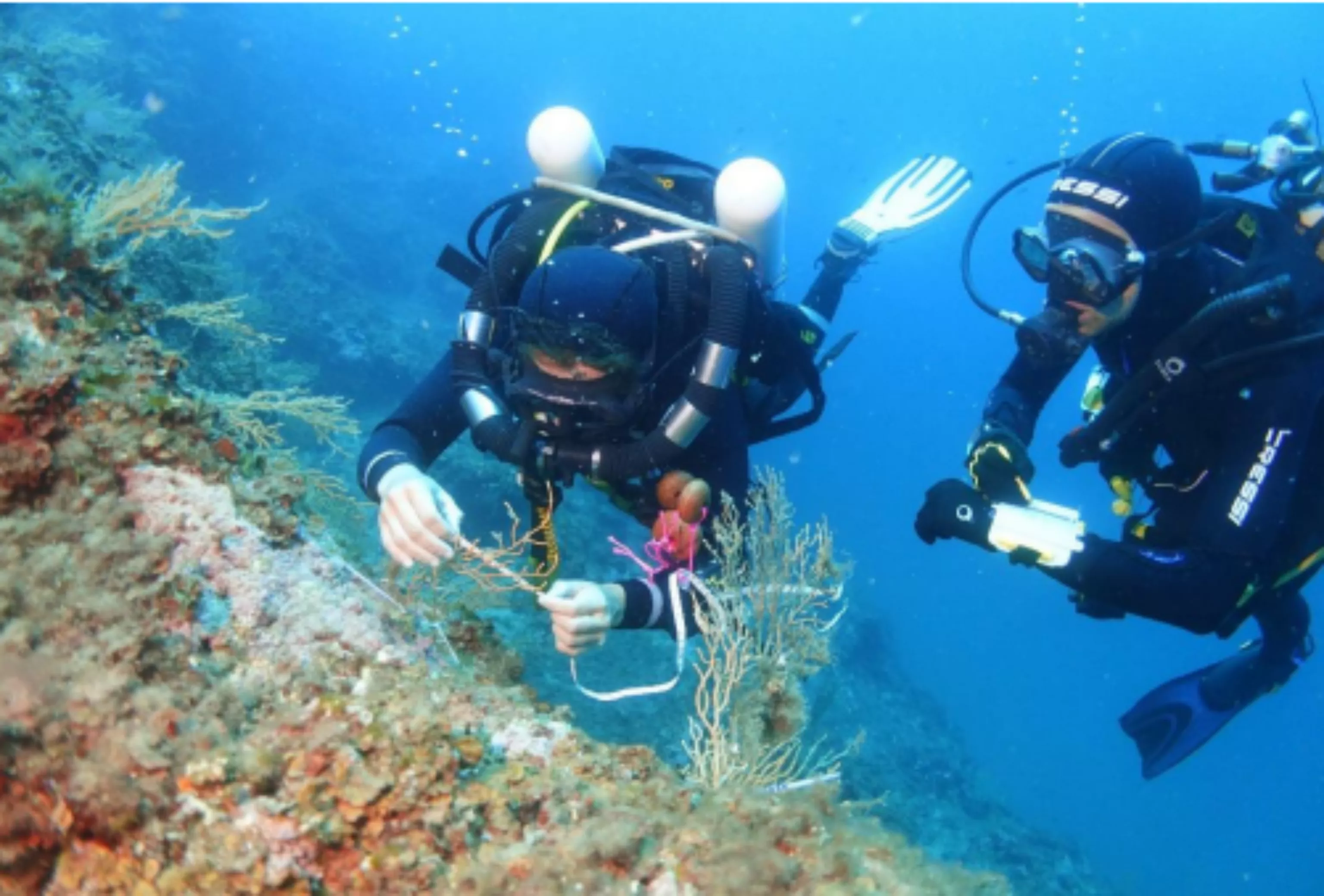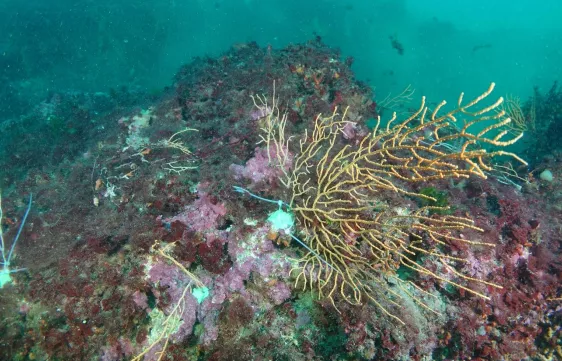The Palana Environnement association is based in Aix-en-Provence, France, and brings together some thirty members with diverse backgrounds, all of whom are passionate about the marine environment. It organizes underwater dives as part of several scientific research projects.
The Net-Sea project is part of this approach. It involves recovering “ghost nets”, abandoned fishing nets, and limiting their impact. In partnership with marine professionals, Palana Environnement is setting up dives to transplant coral threatened by these ghost nets, partly financed by the setec Foundation.
In 2020, around one tonne of ghost net was hauled up, representing almost 1000m of net. The 2021 objective is to carry out ten coral transplant dives, including two follow-up dives. The setec Foundation has chosen to support four of these dives to the tune of 5,600 euros.
A setec in vivo employee is involved in this association on a voluntary basis.
Learn more on their website: www.palana-environnement.org
Report by ©France 3 Occitanie. June 2021

